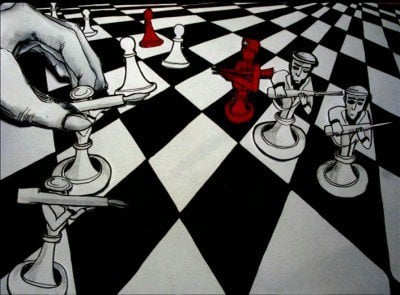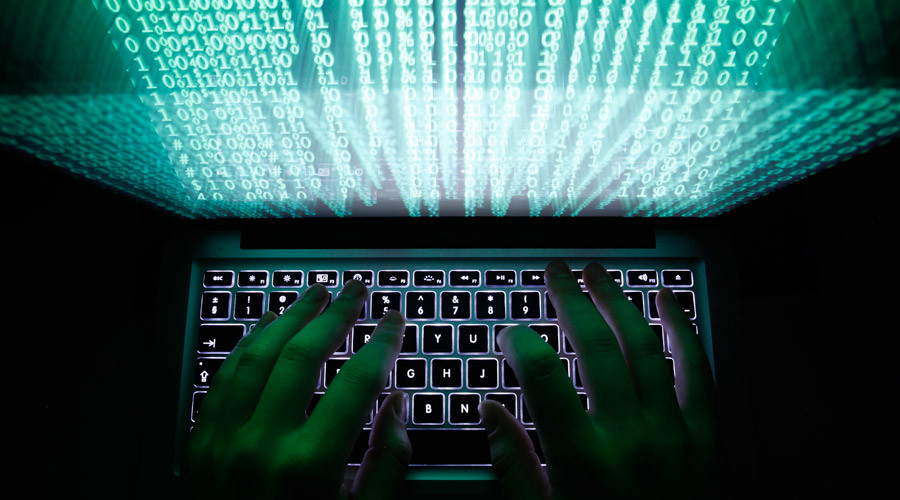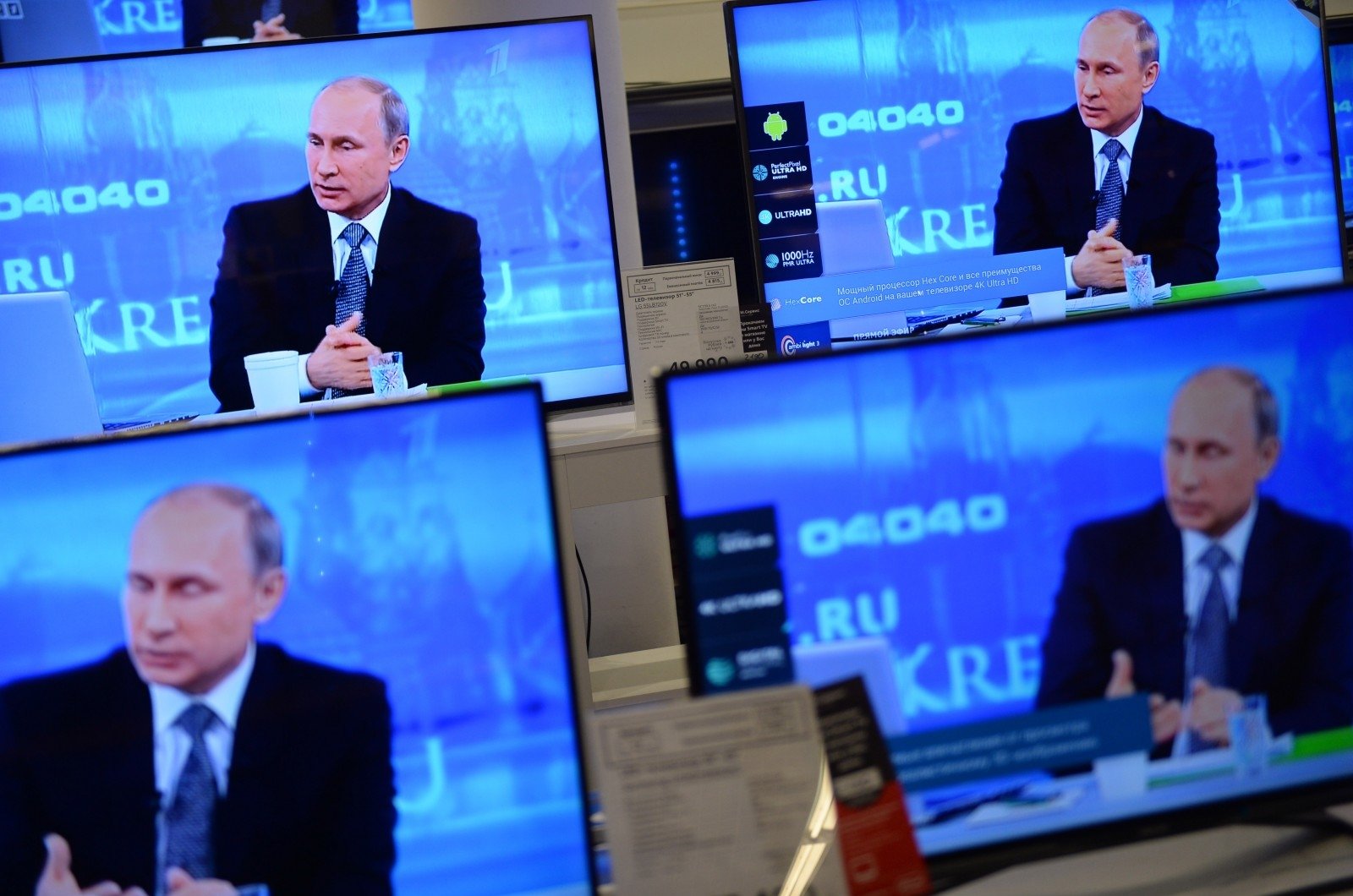Course Syllabus
Shadow Wars: Fake News and Hybrid Warfare |
 |




| Semester & Location: |
Fall 2024 - DIS Copenhagen |
| Type & Credits: |
Elective Course - 3 credits |
| Major Disciplines: |
Political science, History, Sociology |
| Faculty Members: |
Martin Cleemann Rasmussen current students use canvas inbox |
| Time & Place: |
Monday and Thursday 13.15-14.35.Classroom V10-A32 |
Description of Course
The end of the Cold War and the triumph of Western Democracy was initially heralded by many as the beginning of a new era that would be marked by peace and mutual trust. Today the security challenges facing Europe indicates a much more pessimistic view . Economic and political transformation and progress in Europe has been slow, expensive and painfull and since the Towers fell in New York on the 9/11 Europe has been divided on the War on Terror and facing internal as well as external threats from an enemy operating from the shadows and among her own population. The resurgence of Russia under Vladimir Putins leadership and the full military attack on Ukraine is also bringing new challenges for Europe and the shadows have deepened even further as the future of NATO and US-EU relations are now repeatedly questioned as the post-Brexit implications, Energy-crisis, Russia-sanctions, weapons-aid to Ukraine and social instability threatens the very core of the EU itself. Though not directly at war Western Europe is hardly at peace either. War and conflict, attack and defence and the battle of ideas are now taking place on the edge of the EU and in the shadows.
Drawing on methods and simulation games used by both the military and by civilian institutions, we will examine the security challenges facing the Europe of today.
Through a number of case studies from Russia, Ukraine and other European countries, we focus on how and why the shadow wars are being fought and what role fake news and hybrid warfare play in these wars. From the battlefields of Ukraine to the polished floors of Brussels, from the crack-down on free press in Russia to the rise of right-wing nationalism in Europe and the complex and multilayered responses to the influence of China, we will discuss, simulation game and analyze our way into the dilemmas and consequences of why the dictatorship of tomorrow to many seems more desirable than the democracy of today.
Learning objectives of the course
The objectives of this course are to provide students with a broad-ranging knowledge of the security issues facing todays Europe. Furthermore, the course will give the students a solid knowledge about Russia and Russian politics in relation to European and US security issues today.
Through the use of manual simulations, this course will also provide the students with a number of tools to sharpen their analytical skills and their understandings of the dilemmas facing the modern political and military decision maker.
The course is relevant for all with a strong focus on history, international relations, political science, security policy, gaming and communications. You will develop your skills in analysis, in the use and design of simulation games as an analyzing tool. Also expect this course to sometimes adapt to address contemporary issues within the world of Shadow Wars and will therefore shape according to unfolding events.
Faculty
Martin Cleemann Rasmussen
MA (Russian and History, University of Copenhagen 2004, graduated on Civil-Military relations in Russia, 1993-99). Associate professor at the Royal Danish Officer Academy (2011- ) and Danish Defence College (2018-), Senior Advisor NordGEN at the Nordic Council of Ministers 2005-2009 on Russia and the CIS, Exchange Student, Odessa (Ukraine), and St. Petersburg(1996-1997),Associate Professor Nordic Council of Ministers Petrazavodsk State University 1998. Various positions as translator and as leader on many visits to Russia by Danish and foreign students and tourist groups as well as on several battlefield tours. Lectures to the general public as well as an analyst on Russian matters in Danish news media. With DIS since 2015. Also DIS-classes on Espionage during the Cold War, Terrorism and Counter-Terrorism and EU-US relations.
Main readings
There is no textbook for this course and most readings can be found exclusively on Canvas
Freedman, L.:" The Future of War - a History". 2017. (Ch. 1,2,12,13, 20 and 21).
Freedman, L. “Ukraine and the Art of Limited War”
Pomerantsev, P.:"Nothing is true and everything is possible". 2015 (pp.41-59, 268-282.)
Tsygankov, A.:"The Strong State in Russia".2014. (Ch.10-15).
Gessen, Masha. “The Man Without a Face. The Unlikely Rise of Vladimir Putin” (Ch 1,3,4)
Kim, Younkyoo. “The New Great Game in Central Asia post 2014” (pp 275-286)
Plus a variety of interviews, documentaries and articles.
Field Studies
"The anatomy of a Conflict" - "Mapping the Shadows" - a map approach to the War in Ukraine.
The War form the personal perspective - Meeting with Ukrainian students on zoom. (TBC)
Approach to Teaching
This course will be a combination of lectures and a discussion-based course using case studies, manual simulations as well as group-work. Also expect this course to sometimes adapt to address contemporary issues within the world of Hybrid Warfare and take shape according to unfolding events.
Expectations of the students:
As the course is a discussion-based course, case studies and manual simulations, a high degree of student participation, preparation and engagement is required. Throughout the course, you will also have to develop and practice your own critical thinking by analyzing texts, concepts as well as specific cases to understand the complexity of the field of security and conflict in Europe today.
Evaluation
Manual simulations: This class will use a number of manual simulations, which aims to increase the students’ awareness and understanding of issues, dilemmas and decisions involved in factual and hypothetical European security scenarios. Manual simulations include elements from leadership training, role-playing and crisis management. All students are expected to prepare VERY THOROUGHLY for each of the simulations and it is expected, that students actively engage in all simulations and indulge in the roles assigned. Manual simulations constitute 30% of the overall grade.
Mapping the Shadows
Through the drawing of maps, timelines and analysis, we examine the lay-outs of the War in the Shadows. As part of a group you will use creative skills and analytical theory in order to work your way into the Shadow Wars. This project constitutes 25% of the overall grade.
Grading
| Assignment |
Percent |
| Participation |
20% |
|
Manual simulations |
30% |
|
Mid term exam/test |
25% |
|
Mapping the Shadows |
25% |
Disability and Resource Statement
Any student who has a need for accommodation based on the impact of a disability should contact the Office of Academic Support (acadsupp@dis.dk) to coordinate this. In order to receive accommodations, students should inform the instructor of approved DIS accommodations within the first two weeks of classes.
Policies
Attendance
You are expected to attend all classes, guest lectures, workshops and field studies. If you must miss a class for religious holidays, medical reasons, or other valid reasons, you must let us know as far in advance as possible of the absence and obtain information about the work you must do to keep up in class. If you miss a class for any other reason (sudden illness, family emergency, etc.), you should get in touch with us as soon as possible and arrange to make up the work missed.
It is crucial for your learning that you stay on task and hand in assignments on or before the due date. All work– including in-class projects – have to be completed in order to pass the class. Late papers or projects will be marked down with 1/3 of a grade for each day it is late.
Academic Honesty
Plagiarism and Violating the Rules of an Assignment
DIS expects that students abide by the highest standards of intellectual honesty in all academic work. DIS assumes that all students do their own work and credit all work or thought taken from others. Academic dishonesty will result in a final course grade of “F” and can result in dismissal. The students’ home universities will be notified. DIS reserves the right to request that written student assignments be turned in electronic form for submission to plagiarism detection software. See the Academic Handbook for more information, or ask your instructor if you have questions.
Academic Regulations
Please make sure to read the Academic Regulations on the DIS website. There you will find regulations on:
Use of computers, iPhones, cell phones etc. in class
Computers are allowed in class PURELY for note taking purposes. In case of other uses such as Facebook, emails or internet surfing, it will have a negative impact on your participation grade. Cell phones are to be shut off during class and texting/SMS’ing etc. during class will have a negative impact on your participation grade. Also note that any use of AI in the writing of papers is not allowed.
Please make sure to read the Academic Regulations on the DIS website. There you will find regulations on:
Course Summary:
| Date | Details | Due |
|---|---|---|